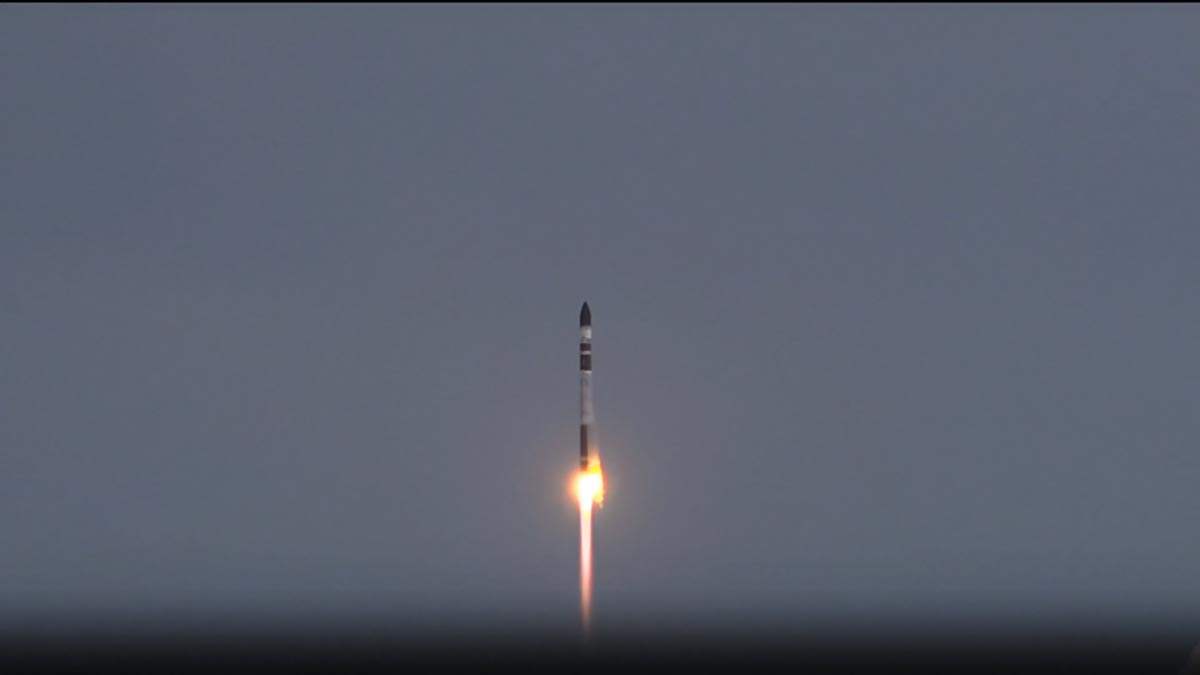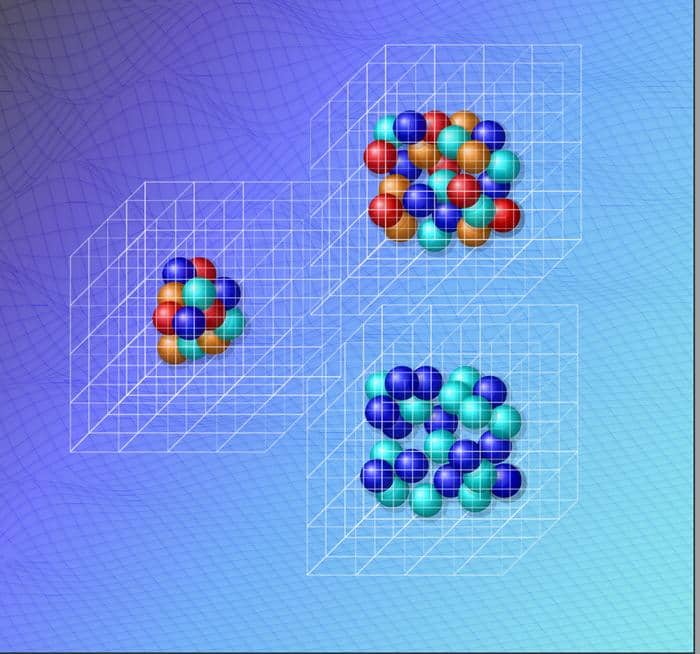Rocket Lab’s “PREFIRE and Ice” launches carrying NASA’s second PREFIRE CubeSat from New Zealand on Wednesday, June 5, 2024. Credit: Rocket Lab BroadcastA Rocket Lab Electron rocket launched from New Zealand, carrying the second NASA PREFIRE satellite. This mission is aimed at understanding Earth’s heat loss to space from polar regions. Each of the CubeSats is equipped with thermal infrared spectrometers to analyze light, which will aid climate and ice models.Rocket Lab’s Electron rocket lifted off from Launch Complex 1 at Māhia, New Zealand at 3:15 p.m. NZST on Wednesday, June 5 (11:15 p.m. EDT on Tuesday, June 4), on the second of two launches of NASA’s PREFIRE (Polar Radiant Energy in the Far-InfraRed Experiment) mission. The first PREFIRE CubeSat launched on May 25.The PREFIRE mission will help close a gap in our understanding of how much of Earth’s heat is lost to space from the Arctic and Antarctica. Each PREFIRE satellite is equipped with an instrument called a thermal infrared spectrometer. The instrument contains specially shaped mirrors and detectors for splitting and measuring infrared light. Analysis of PREFIRE measurements will inform climate and ice models, providing better projections of how a warming world will affect sea ice loss, ice sheet melt, and sea level rise.This artist’s concept depicts one of two PREFIRE CubeSats in orbit around Earth. The NASA mission will measure the amount of far-infrared radiation the planet’s polar regions shed to space – information that’s key to understanding Earth’s energy balance. Credit: NASA/JPL-CaltechThe mission consists of two 6U CubeSats with a baseline mission length of 10 months and is jointly developed by NASA and the University of Wisconsin-Madison. The agency’s Jet Propulsion Laboratory in Southern California manages the mission for NASA’s Science Mission Directorate and provided the instruments. Blue Canyon Technologies built the CubeSats, and the University of Wisconsin-Madison will process the data collected by the instruments. The science team includes members from JPL and the Universities of Wisconsin, Michigan, and Colorado.NASA’s Launch Services Program, based at agency’s Kennedy Space Center in Florida, selected Rocket Lab to provide the launch service as part of the agency’s VADR (Venture-class Acquisition of Dedicated and Rideshare) launch services contract.
Liftoff for PREFIRE and Ice! Rocket Lab Launches Second Polar Heat CubeSat




